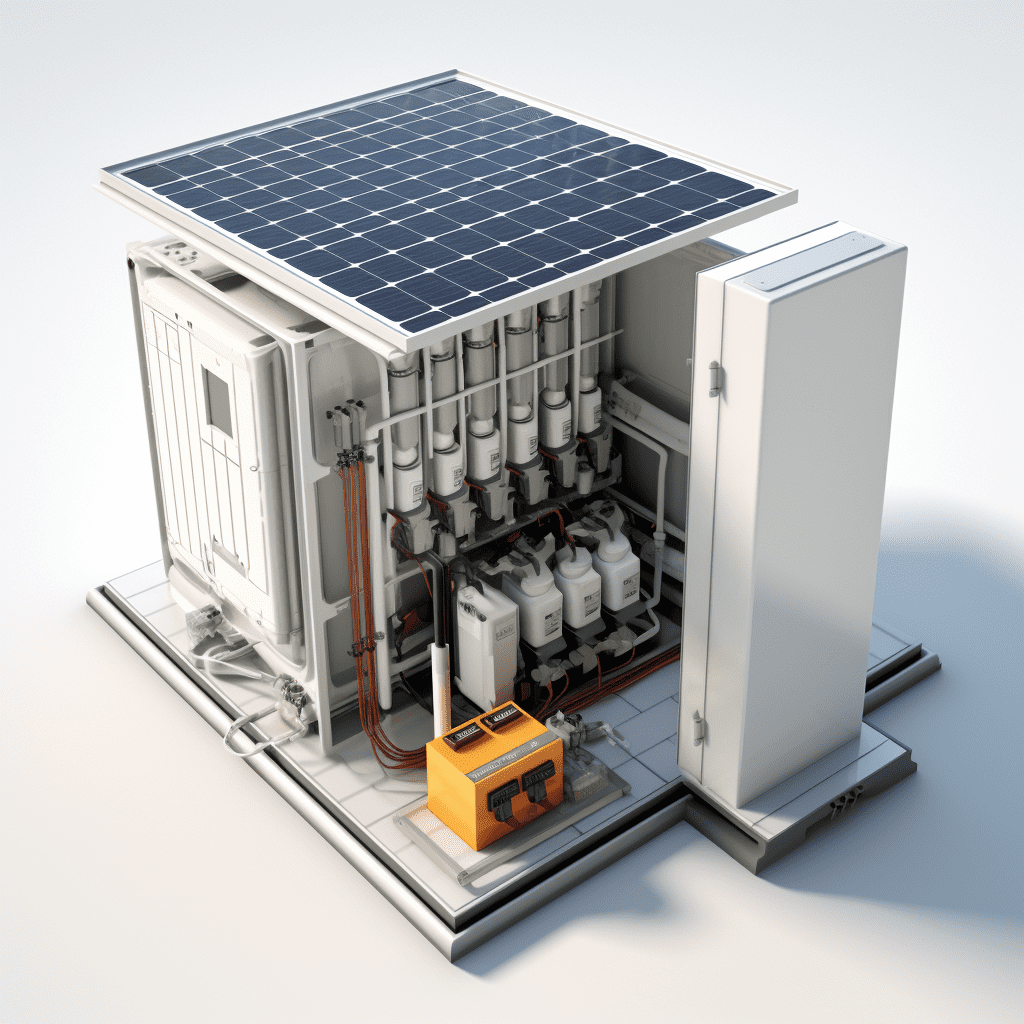Gyll Lifepo4 batteries are renowned for their high quality and reliability in various applications, including renewable energy storage and electric vehicles. With a focus on safety and performance, Gyll is a leading provider of lithium-ion batteries that meet the demands of modern energy solutions.
What are Gyll Lifepo4 batteries and what makes them unique?
Gyll Lifepo4 batteries utilize lithium iron phosphate (LiFePO4) technology, which offers several advantages over traditional lithium-ion batteries. These include enhanced thermal stability, a longer cycle life, and improved safety features that minimize risks associated with overheating and thermal runaway.
| Feature | Description |
|---|---|
| Chemistry | Lithium Iron Phosphate (LiFePO4) |
| Thermal Stability | Higher resistance to heat |
| Cycle Life | Typically exceeds 2000 cycles |
What applications are best suited for Gyll Lifepo4 batteries?
Gyll Lifepo4 batteries are versatile and can be used in various applications:
- Renewable Energy Storage: Ideal for solar energy systems, providing reliable backup power.
- Electric Vehicles: Used in electric cars and scooters due to their lightweight and high energy density.
- Uninterruptible Power Supplies (UPS): Essential for ensuring continuous power during outages.
| Application | Description |
|---|---|
| Renewable Energy Storage | Stores excess solar energy |
| Electric Vehicles | Powers electric cars and bikes |
| Uninterruptible Power Supplies | Provides backup during power outages |
What safety features do Gyll Lifepo4 batteries offer?
Safety is a critical aspect of battery design, and Gyll Lifepo4 batteries include several protective features:
- Built-in Protection Circuits: Prevent overcharging, over-discharging, and short-circuiting.
- Thermal Management Systems: Help maintain optimal operating temperatures to prevent overheating.
- Durable Construction: Designed to withstand physical stress and environmental factors.
| Safety Feature | Description |
|---|---|
| Protection Circuits | Prevents common battery hazards |
| Thermal Management | Maintains safe operating temperatures |
| Durable Construction | Enhances resilience against damage |
How do Gyll Lifepo4 batteries compare to other lithium-ion technologies?
Compared to other lithium-ion technologies, such as lithium cobalt oxide (LCO) or lithium nickel manganese cobalt oxide (NMC), Gyll Lifepo4 batteries offer:
- Longer Cycle Life: LiFePO4 typically lasts longer than LCO or NMC batteries.
- Better Thermal Stability: Less prone to overheating compared to other chemistries.
- Lower Cost Over Time: Although initial costs may be higher, the longevity leads to lower overall costs.
| Comparison Aspect | LiFePO4 (Gyll) | Other Lithium Technologies |
|---|---|---|
| Cycle Life | 2000+ cycles | 500-1500 cycles |
| Thermal Stability | High | Moderate to Low |
| Cost Efficiency | Lower long-term cost | Higher replacement frequency |
What are the performance metrics of Gyll Lifepo4 batteries?
Gyll Lifepo4 batteries are known for their impressive performance metrics:
- Energy Density: Typically around 90-160 Wh/kg, suitable for various applications.
- Charge/Discharge Rates: Can handle high discharge rates without significant degradation.
- Self-discharge Rate: Very low self-discharge rate, allowing for long-term storage without significant loss.
| Performance Metric | Value |
|---|---|
| Energy Density | 90-160 Wh/kg |
| Charge/Discharge Rates | High discharge capabilities |
| Self-discharge Rate | Low, typically around 3% per month |
How does the environmental impact of Gyll Lifepo4 batteries compare to other options?
Gyll Lifepo4 batteries are considered more environmentally friendly than traditional lead-acid or other lithium-ion chemistries due to:
- Non-toxic Materials: LiFePO4 is less harmful than cobalt-based alternatives.
- Recyclability: The materials used can often be recycled more easily.
- Longer Lifecycle: Their durability means fewer replacements over time, reducing waste.
| Environmental Impact | Description |
|---|---|
| Non-toxic Materials | Safer for the environment |
| Recyclability | Easier recycling processes |
| Longer Lifecycle | Reduces overall waste generation |
Industrial News
The demand for lithium iron phosphate (LiFePO4) battery technology continues to grow as industries seek safer, more efficient energy storage solutions. Recent innovations focus on enhancing the performance and sustainability of these batteries, making them an attractive option for renewable energy systems, electric vehicles, and backup power solutions. Companies like Gyll are leading the charge in providing high-quality products that meet these evolving market needs.
Redway Expert Views
“Gyll’s commitment to safety and performance sets them apart in the battery industry,” states a Redway expert. “Their LiFePO4 technology not only meets current energy demands but also anticipates future needs with sustainable practices.”
FAQ Section
- What advantages do LiFePO4 batteries have over traditional lead-acid batteries?
LiFePO4 batteries offer longer lifespans, higher efficiency, and better thermal stability. - Are Gyll LiFePO4 batteries safe?
Yes, they include multiple safety features designed to prevent overheating and other hazards. - How long do Gyll LiFePO4 batteries last?
They typically last over 2000 charge cycles under proper usage conditions. - Can I use Gyll LiFePO4 batteries in extreme temperatures?
Yes, they are designed to operate effectively in a range of temperatures.




